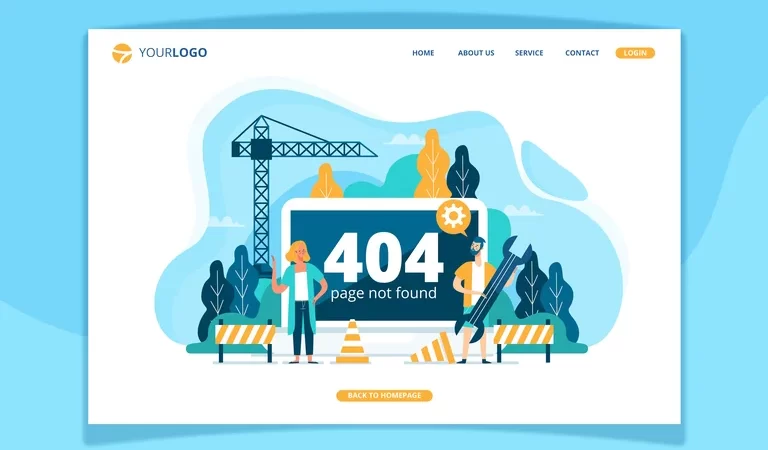Google’s John Mueller Raises Concerns About Custom Head Elements: Here’s Why

When it comes to optimizing your website for search engines, there are numerous factors to consider. One crucial aspect is the structure and content of your HTML head section. Recently, John Mueller, a prominent figure at Google known for providing valuable insights into search engine optimization (SEO), issued a warning against the use of custom elements in the HTML head. In this article, we will explore Mueller’s advice and understand why he cautions against such practices.
The HTML head section plays a critical role in conveying important information about a web page to search engines. It typically contains elements like the page title, meta description, and various meta tags. These elements help search engines understand the context and relevance of a webpage, which ultimately affects its visibility in search results.
Customizing the HTML head with additional elements, also known as custom elements, might seem like a way to provide more information or enhance the design of a webpage. However, Mueller’s warning suggests that this practice can have unintended consequences, particularly in terms of SEO and indexing.
One of the main concerns raised by Mueller is the potential confusion caused by custom elements. Search engines rely on standardized elements to interpret and categorize web pages effectively. When custom elements are introduced, it can lead to ambiguity and hinder the search engine’s ability to understand the page’s content accurately. This, in turn, can negatively impact the page’s visibility in search results.
Furthermore, custom elements in the HTML head can affect how search engines generate search snippets. Search snippets are the brief descriptions that appear below the page title in search results. These snippets are often pulled from the meta description tag. When custom elements are present, search engines may struggle to generate accurate and relevant snippets, which can result in reduced click-through rates from users.
Another issue highlighted by Mueller is the potential for custom elements to interfere with search engine indexing. Search engine bots crawl and index web pages to include them in their search results. When custom elements are used, they may introduce complexities or conflicts that can disrupt the crawling and indexing process. This can lead to incomplete or inaccurate indexing, ultimately impacting the page’s visibility in search results.
It’s important to note that Mueller’s warning specifically focuses on custom elements in the HTML head section. Customizing other parts of the webpage, such as the body content or the footer, is generally not discouraged as long as it adheres to SEO best practices and doesn’t violate any search engine guidelines.
To ensure optimal visibility and indexing of your web pages, it’s advisable to stick to standardized HTML head elements. This means using appropriate and descriptive page titles, well-crafted meta descriptions, and relevant meta tags. By following these established practices, you can provide search engines with clear and concise information about your web pages, increasing the likelihood of better rankings and improved organic traffic.
Key Takeaways
Google’s John Mueller’s warning against custom elements in the HTML head section serves as a reminder of the importance of adhering to SEO best practices. While it may be tempting to add custom elements for design or additional information, the potential risks they pose to SEO and indexing should not be underestimated. By prioritizing standardized HTML head elements and providing clear and relevant information, you can help search engines understand your web pages better, leading to improved visibility and organic search performance.







